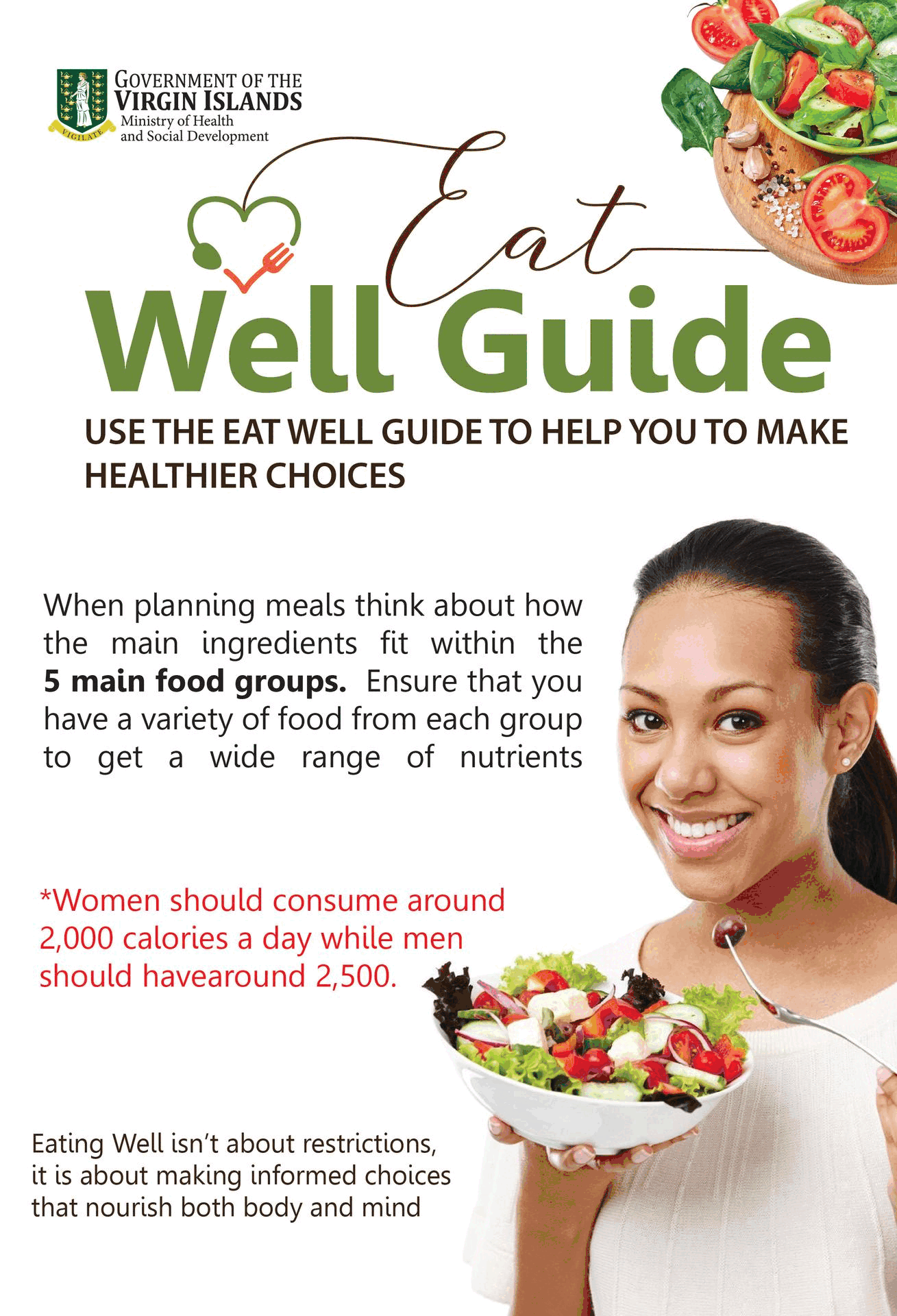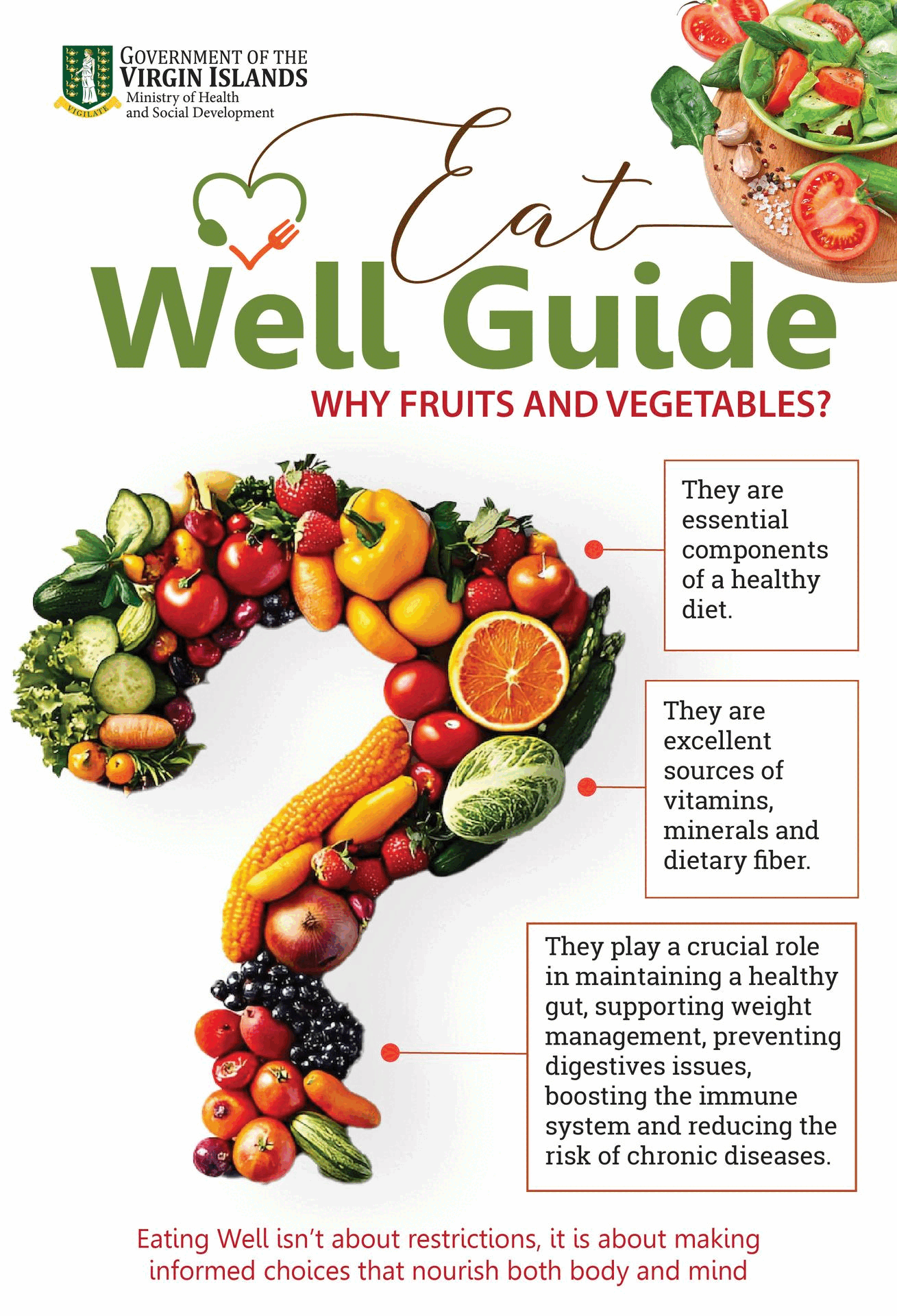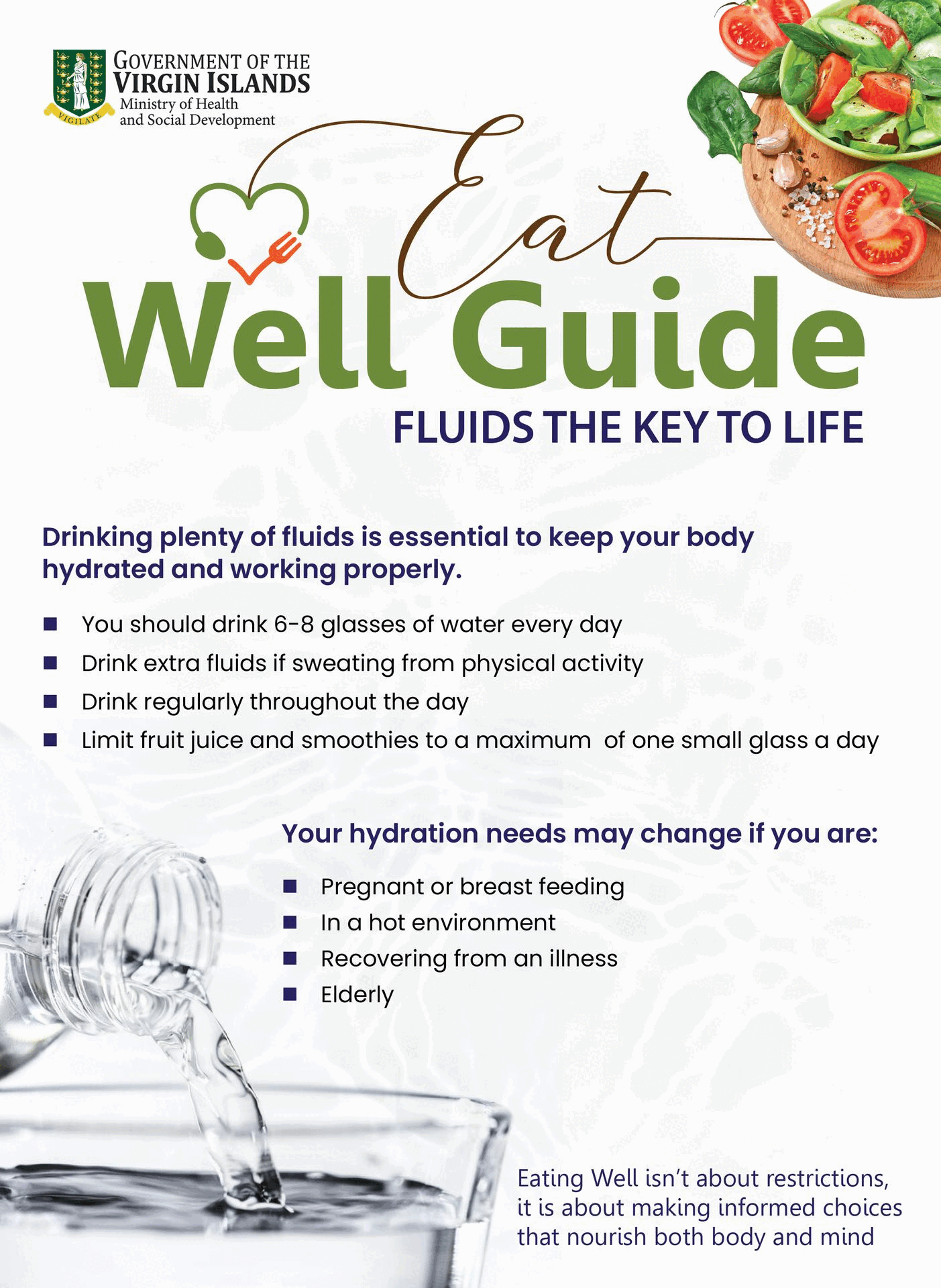Agriculture: a critical driver of Virgin Islands prosperity
The following story is part of a series of narratives assessing the Virgin Islands economy: an attempt at enlightenment on a subject all too often understood only, by economists, and select pundits. It states that agriculture is not complementary to the twin pillars of tourism and financial services. In fact it could very well be the other way around. It further asserts that agriculture is a unique and irreplaceable driver of Virgin Islands prosperity in its own right.
Now, there is a vast disequilibrium in the Virgin Islands economy. This is a huge imbalance. It is a yawning and growing gap, between the demand for food and drink in the Virgin Islands, and the supply of food and drink through importation.
This is food dependency on the outside world, to put bread on the family breakfast table, chicken on the lunch table and provide lamb for dinner. It is a dependency that further decides the motley of food and drinks at the supermarket food stall, the buffet table selection, salad bar spread, and the exotic edible at the sea side bar. Sadly this dependency represents a lost economic opportunity for the Virgin Islands.
It is in essence, a missing industry that could provide jobs and revenues for the country. In developed countries food sufficiency is considered good for national security. Food sufficiency also provides work for hundreds of thousands of farmers and workers in the food and drinks production industry. Add revenues for thousands of businesses in the sector.
This Observer’s concern about the current Virgin Islands imbalance in food and drink importation is pushed away by many economists. These are experts that state that in a globalized world where countries specialize in what they do best, import imbalances do not matter.
This Economics Layman does not buy that assertion. Imports have to be paid for, either by exports or debt. Unless a country possesses such a powerful economy, such as the USA possesses, where the country can simply print currency to pay for imports. Imports can also change the internal dynamic of a local market, and not necessarily for the better. Food and drink is also a unique product, on which life and limb depend.
The following story states why food sufficiency is the way to go. Think about it. How much does the Virgin Islands population spend on food and drink daily, weekly, and annually? How much of this total expenditure does it spend on imported food? Think about one’s own family. How much does dad and mom spend every week on food and drink in the form of groceries? The single mother and single father too. How much do they spend to feed themselves, and Little Johnny, and Little Jane?
Another thought. How much is spent on office lunches and working lunches by the working adult? How much do Virgin Islanders and residents spend on eating out each year?
For the working and middle class Virgin Islander and resident, food and drink purchases form a significant part of the daily, weekly, and annual expense: food and drink are a major part of the personal and family budget.
Now, assess the food and drink spending of the tourism industry: hotels, restaurants, yachts, villas, and so on. Put all of this together. Add the food spending by the local population, to the food spending by the tourist and guest, and then ask what the annual spend on food and drink in the country amounts to. It is probably staggering.
OK, an attempt will be made at a determination. Assuming a Virgin Islands population of 25,000, spending a conservative sum of say 300 USD a month on food and drink per head. This states that annually, the country’s local and permanent population spends 90,000,000, or 90 million USD on food and drink. Then add another 50 million USD to the 90 million. This is for the food and drink spending of guests and visitors, tourists and travelers.
The total could very well be 150 million USD per annum, maybe even more. This is 50% of the government’s annual budget. It could represent up to 20% of GDP. And these are just guesstimates pulled from the clouds. But they are offered to make the consumer think.
Food and drink spending are a huge part of the Virgin Islands economy. The percentage spent on imported food and drink in this country, when placed within the context of GDP, must be way above the global average.
The money spent annually on food and drink is probably higher than the preceding estimate. Money spent on food and drink imports represent rivers of cash that flow out into the ocean, never to return. This flow of cash proceeds in one direction only: from the pockets of Virgin Islanders and residents, add guests and visitors, and into the pockets of various individuals and businesses overseas, for good. This is cash that keeps the food and agriculture industry in the USA and other countries very healthy indeed. On the other hand this is cash that represents a loss for Virgin Islands agriculture and economics.
Every cent that is spent on imported food and drink, that could have been grown and produced locally, is money lost to a precious Virgin Islands agriculture and food sufficiency model. Agriculture is a sector of the economy that is crucial to local employment and internal trade. This is especially so for working and middle class Virgin Islanders. Furthermore most of these imports are processed foods. The quality, in terms of healthy produce, is far less, than that produced locally.
And this is money, that had a good percentage remained in the country would lubricate the local economy and probably provide scores of reasonably paid farming and food related jobs. Add revenue and profit, for agriculture type businesses, and businesses engaged in the local food and drinks industry.
Then there are the various economies lost as a result of the overwhelming dependency on JIM IMPORTER. Food sufficiency promotes gains in agricultural know how. How? Well, think about the knowhow gains in food craft, and drinks distillation. Food sufficiency could lead to the establishment of a new food manufacture and packaging industry; a new canning and bottling industry; and export opportunities for greatly demanded organic food for the global market.
Bear in mind that the country has lost for good, food and drink making skills of previous generations, in exchange for the new tourism and financial services economy. This is a rendition to sitting back, and depending on IMPORTS for every blessed thing the people of the country consume.
The question must then be asked, albeit hypothetical, if the country was totally food sufficient, and even 70% of all of this money remained in the country and spent locally, in the local food market, how would that affect the farming industry and wider economy? What effect would this have on the country’s balance of payments and balance of trade? Would this not produce a new culture of farming, food and drinks industry, and self sufficient prosperity?
70% of say 150 million USD: that comes to 105 million USD circulating in the country annually from food and drinks production. This represents a total of over $4000 per head of the population: a very significant sum of money indeed. How many residents have 4000 USD in savings? Good question! But one that gives an accurate picture of what 4000 USD actually represents.
Think about the effects to the local economy. Would this extra cash not create a more robust local market dynamic? Imagine supermarkets, and food and drink retailers, working more closely with local farmers, and small food businesses, such as a butcher and meat packer, local food storage and packaging company, a dairy and ice cream business, a local drinks distiller? This is not farfetched. But it will take national will: the will to move from food dependency to food sufficiency, or food self sufficiency. It will also take the backing of government: overwhelming backing.
Yes this is all hypotheses. However models of economics are what are used to project reality down the road. Models are used to assess the practicality of a proposition meant to improve the current and future economic condition.
To be continued
Connect with Dickson Igwe on twitter and facebook






.jpg)





.jpg)








.png)




















6 Responses to “Agriculture: a critical driver of Virgin Islands prosperity”